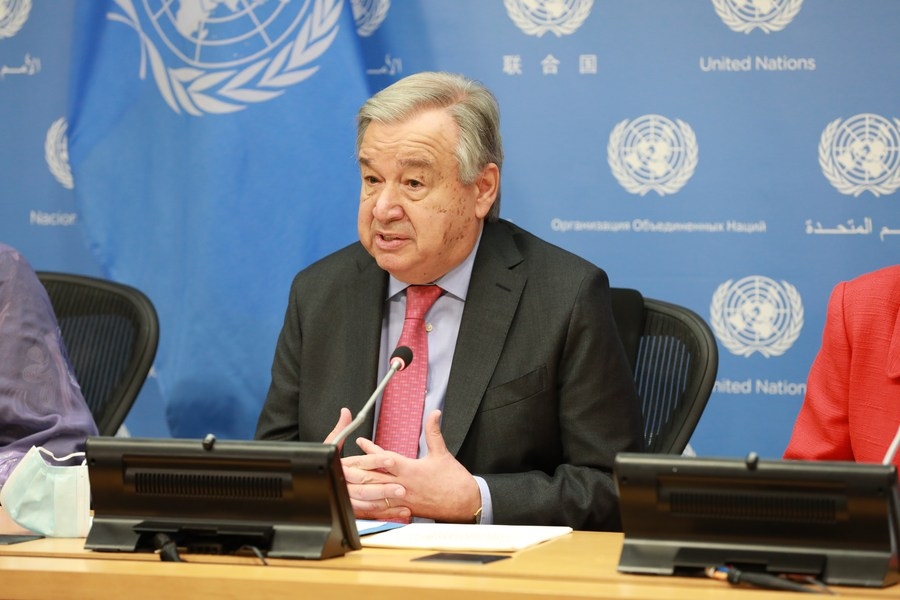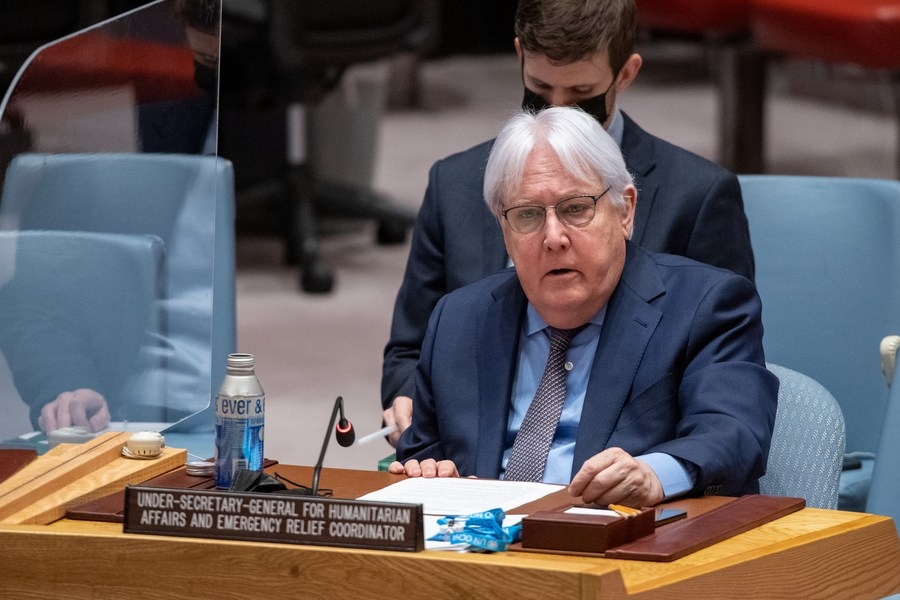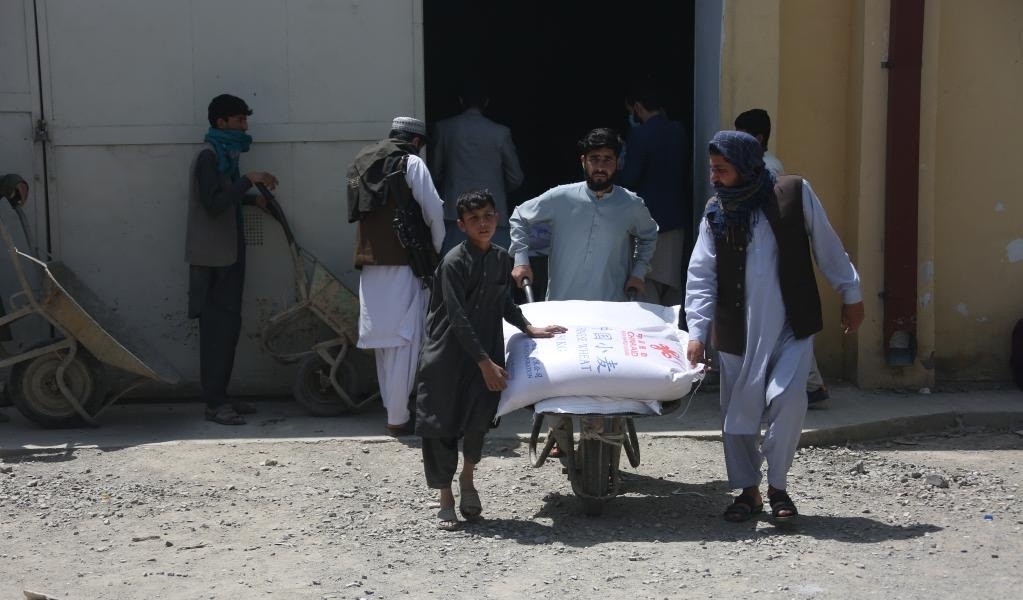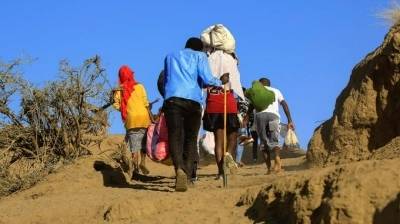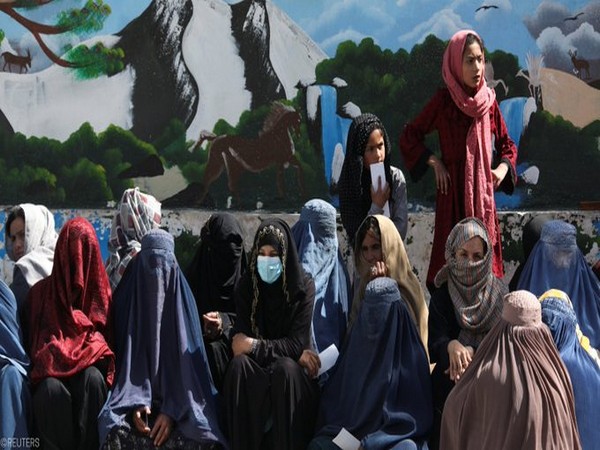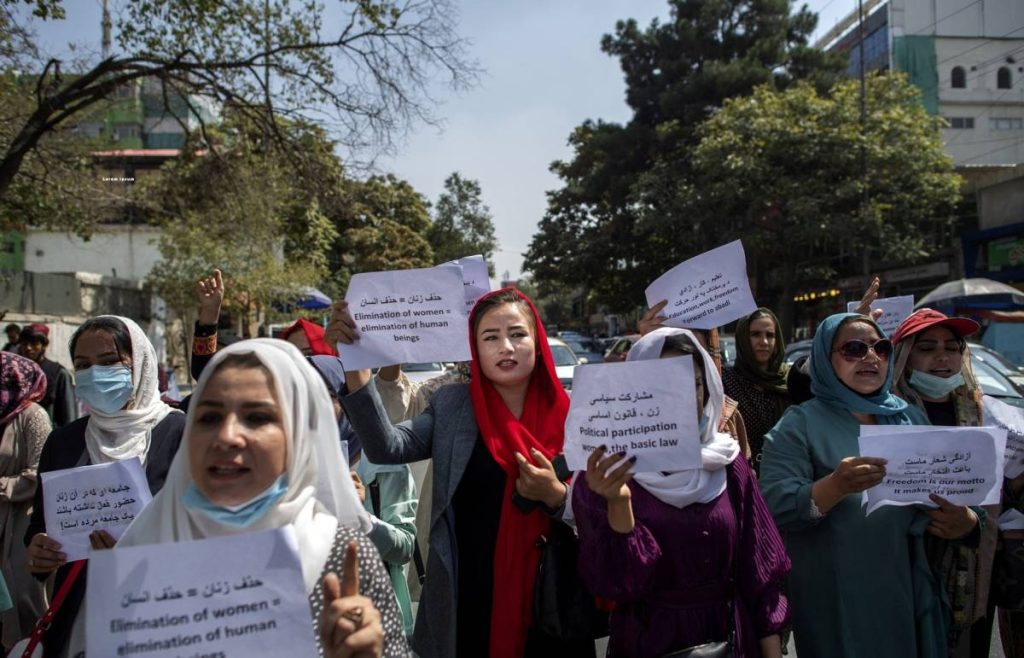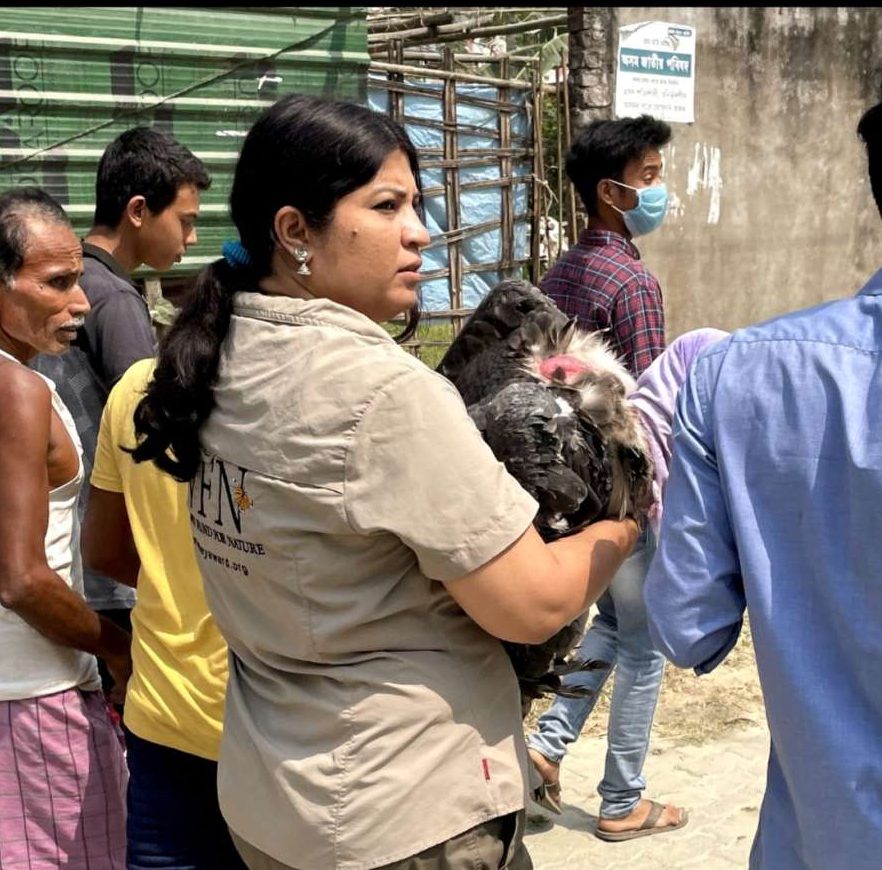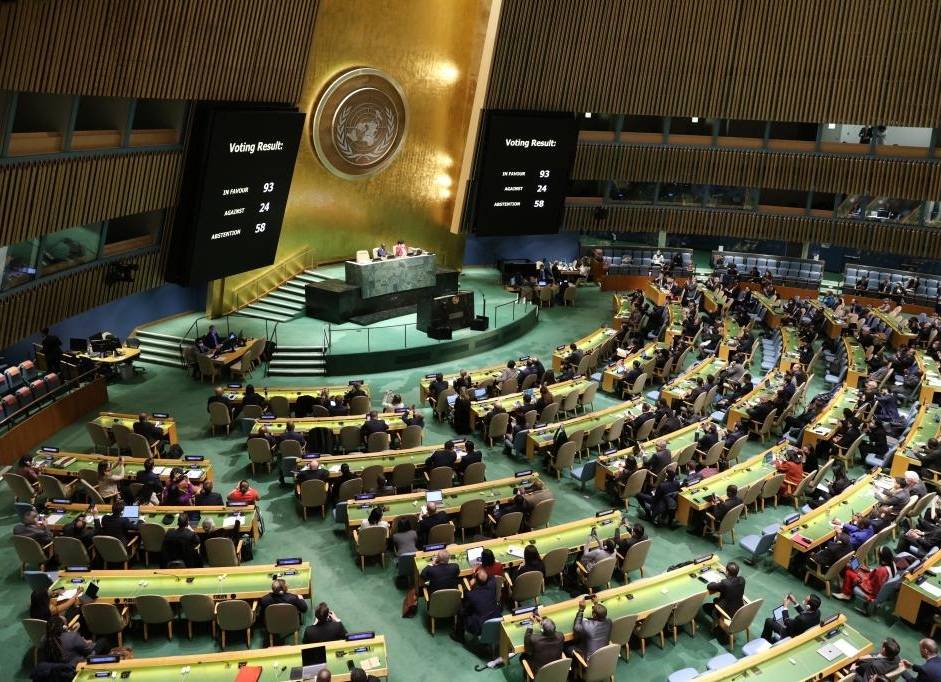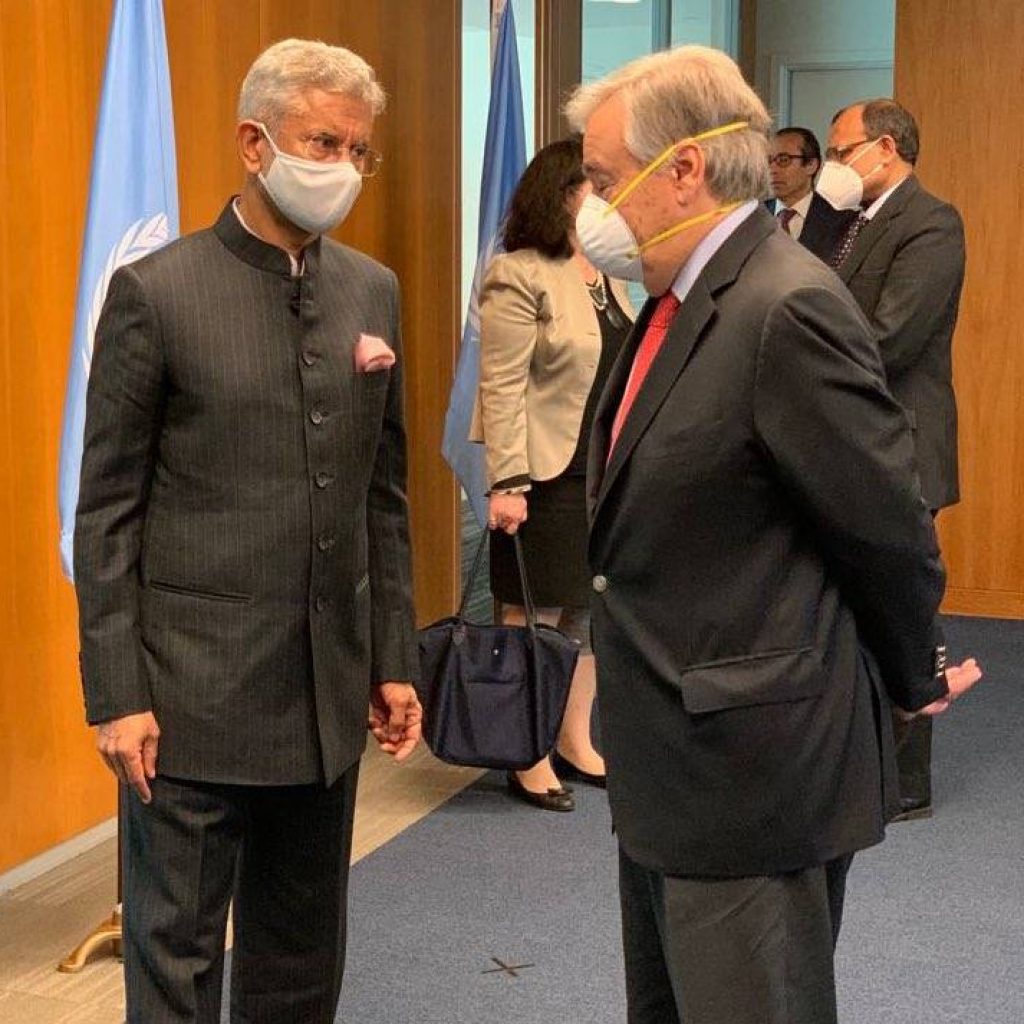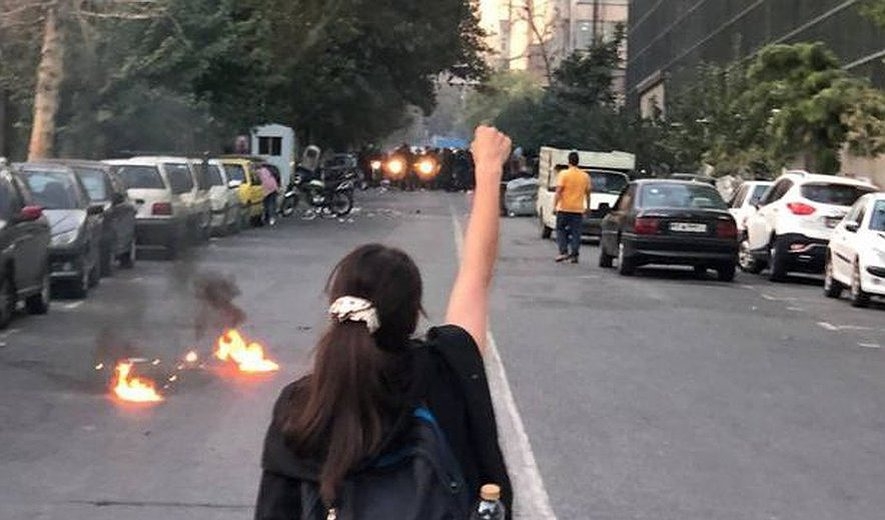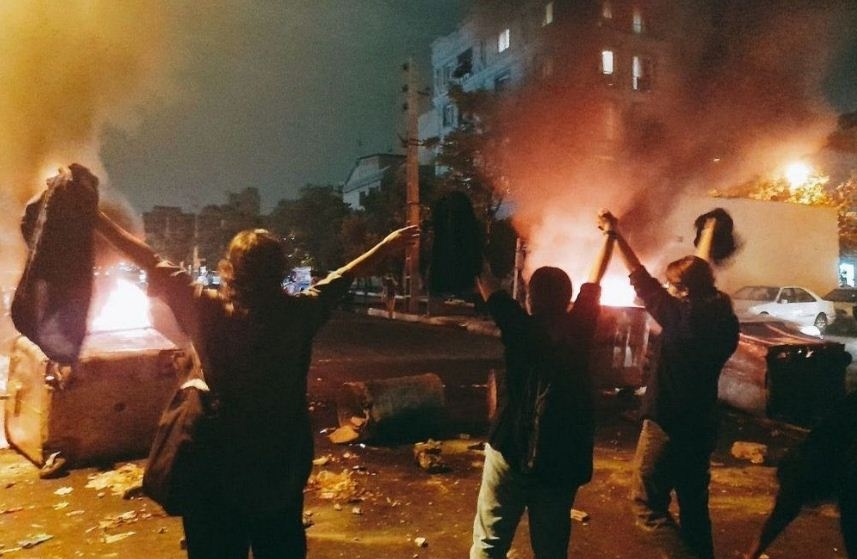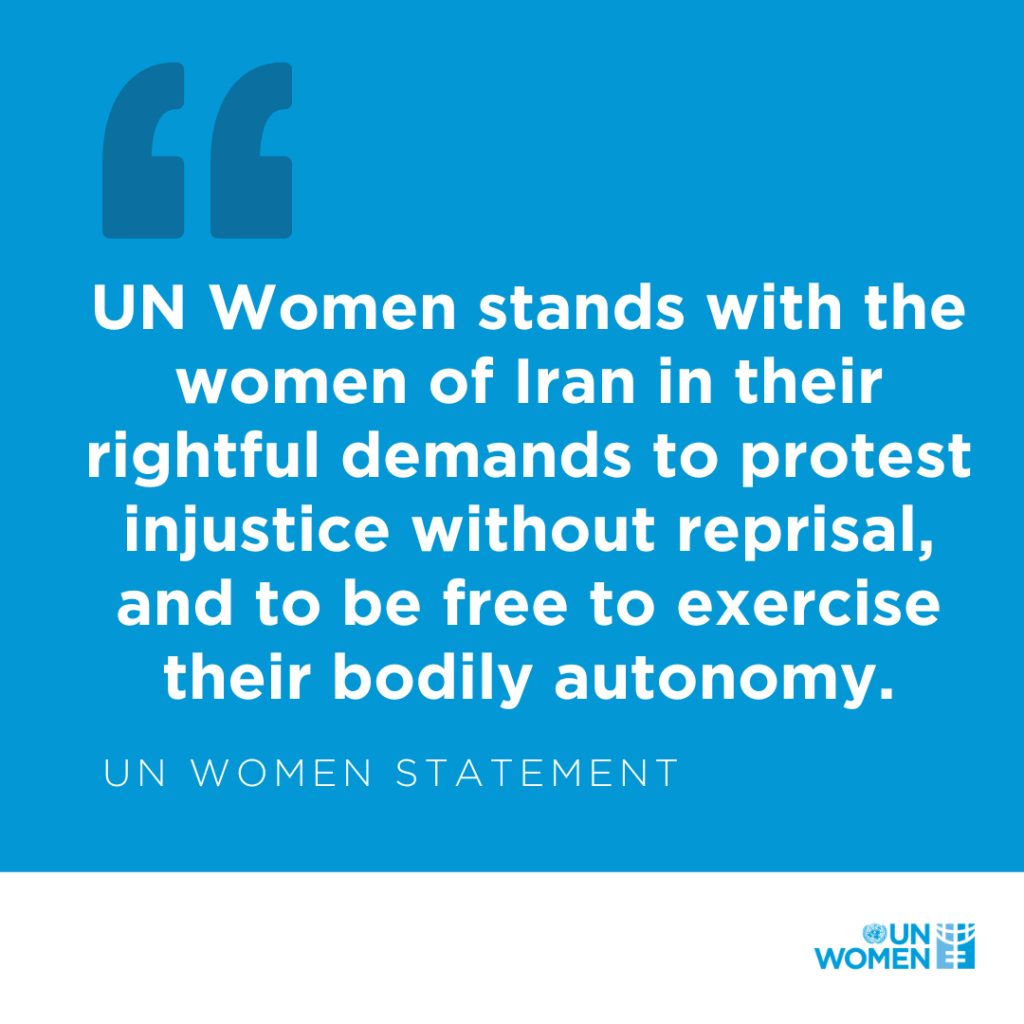It has now been more than seven years since the protracted conflict began in Yemen, which precipitated a humanitarian catastrophe and has forced more than 4.3 million people to leave their homes….reports Asian Lite News
A hundred million people across the world were forced to leave their homes in 2022 and the UN is continuing to help those in need in a myriad of ways, the UN Refugee Agency (UNHCR) said.
Filippo Grandi, head of the agency, described the figure as “a record that should never have been set”.
The figure is up from some 90 million in 2021. Outbreaks of violence, or protracted conflicts, were key migration factors in many parts of the world, including Ukraine, Ethiopia, Burkina Faso, Syria and Myanmar.
Thousands of desperate migrants looked to Europe as a preferred destination, putting their lives in the hands of human traffickers, and setting off on perilous journeys across the Mediterranean, UN News warned.
It has now been more than seven years since the protracted conflict began in Yemen, which precipitated a humanitarian catastrophe and has forced more than 4.3 million people to leave their homes.
In May, the UN migration agency IOM and the European Union’s humanitarian aid wing, ECHO, announced that they were scaling up efforts to respond to the needs of more than 325,000 displaced by the conflict, including migrants and the communities that host them.
“The situation is also getting worse for migrants in Yemen, especially women, who are living in dire conditions in Yemen with little control over their lives,” said Christa Rottensteiner, chief of the IOM mission in the country.
In Syria, war has now been upending lives for 11 years: nearly 5 million children born in Syria have never known the country at peace, UN News added.
More than 80,000 Syrians call the huge Za’atari camp in Jordan “home”, and many of them may have to remain outside of their country for the foreseeable future.
“Prospects for return for the time being do not look promising,” said Dominik Bartsch, UNHCR representative in the Jordanian capital Amman, in July. “We are not seeing an environment in Syria that would be conducive to returns.”
Overall, Jordan hosts around 675,000 registered refugees from Syria, and most of them live in its towns and villages among local communities, with only 17 per cent living in the two main refugee camps, Za’atari and Azraq.
More than five years ago, hundreds of thousands of Rohingya fled their homes in Myanmar. Almost a million live in the vast Cox’s Bazar camp across the border in neighboring Bangladesh.
In March, the UN launched its latest response plan, calling for more than $881 million for the refugees, and neighboring communities (more than half a million Bangladeshis), who are also highly reliant on aid.
UN refugee agency figures show that by December, more than 7.8 million Ukrainian refugees had been recorded across Europe.
In Ethiopia, millions remain displaced due to the armed conflict in the Tigray region, which began in November 2020. By the end of this year, a fragile internationally-brokered truce seemed to be holding with aid returning to embattled northern regions inaccessible for months, along with many returning home to rebuild their shattered lives.
Back in January, the UN refugee agency issued a stark warning that due to deteriorating conditions, refugees in the region were struggling to get enough food, medicine, and clean water, and risked death unless the situation improved.
According to UN News, refugees also found themselves under direct attack. In February, for example, thousands of Eritreans were forced to flee a camp in the Afar region, after armed men stormed in, stealing belongings and killing residents.
By August, UN agencies put out an urgent appeal for funding to help more than 750,000 people seeking refuge in Ethiopia. The World Food Programme warned that unless it received the funding, many refugees would have nothing to eat.
UNHCR said governments around the world had pledged some $1.13 billion, a record amount, to provide a lifeline to people displaced by war, violence, and human rights violations.
“As a result of conflict, the climate emergency, and other crises, displaced people around the world face unprecedented needs,” said Grandi. “Fortunately, UNHCR’s generous donors continue to support them during these dire days, creating hope for a brighter future.”
This coming winter will be very challenging for millions of people forced to flee their homes around the world, UNHCR said on its website.
“Our world is facing a crisis of internal displacement. Record high numbers of people around the world have been displaced within their countries by tragedies such as conflict, disasters and the climate crisis,” UN Secretary-General Antonio Guterres said in June, when the UN launched the Action Agenda on International Displacement.
“We all have a responsibility to act. The plight of internally displaced persons is more than a humanitarian issue. It takes an integrated approach — combining development, peacebuilding, human rights, climate action and disaster risk reduction efforts,” he said.

